Carbohydrates Fats and Proteins Worksheet
Understanding the role of carbohydrates, fats, and proteins in our diets is essential for maintaining a healthy lifestyle. With this comprehensive Carbohydrates Fats and Proteins Worksheet, you can test your knowledge and reinforce the key concepts surrounding these important macronutrients. Designed for students and enthusiasts in the field of nutrition, this worksheet provides a structured and informative platform to enhance your understanding of the role of carbohydrates, fats, and proteins in the human body.
Table of Images 👆
- Carbohydrates Food Coloring Page
- Macromolecules Chart Worksheet
- Vitamins and Minerals Worksheet
- Carbohydrates Organic Compounds Lipids
- Molecules of Life Worksheet Answers
- What Elements Make Up Carbohydrates and Lipids Symbols
- Macromolecule Structure Worksheet
- Digestive System Worksheets and Answers
- Human Digestive System Worksheet
More Other Worksheets
Kindergarten Worksheet My RoomSpanish Verb Worksheets
Cooking Vocabulary Worksheet
DNA Code Worksheet
Meiosis Worksheet Answer Key
Art Handouts and Worksheets
7 Elements of Art Worksheets
All Amendment Worksheet
Symmetry Art Worksheets
Daily Meal Planning Worksheet
What are carbohydrates specifically made up of?
Carbohydrates are made up of carbon, hydrogen, and oxygen atoms, with the general formula (CH2O)n where n can vary. They are primarily composed of sugar molecules, such as glucose, fructose, and sucrose, which are important sources of energy for the body.
How do carbohydrates provide energy to the body?
Carbohydrates are broken down into glucose during digestion, which is then transported through the bloodstream to cells to be used as energy. This glucose is either immediately used for energy production or stored in the form of glycogen in the liver and muscles for later use. When energy is needed, glycogen is broken down back into glucose to fuel the body's activities. Overall, carbohydrates play a crucial role in providing the body with a readily available source of energy for daily functions and physical activity.
Name three examples of simple carbohydrates.
Glucose, fructose, and sucrose are three examples of simple carbohydrates.
Explain the difference between complex and simple carbohydrates.
Complex carbohydrates are made up of long chains of sugar molecules that take longer to break down and provide a slower, more sustained release of energy. Examples include whole grains, vegetables, and legumes. On the other hand, simple carbohydrates are made up of shorter chains of sugar molecules and are quickly digested, leading to a rapid spike in blood sugar levels. Foods high in simple carbohydrates include sugary drinks, candy, and baked goods. In general, complex carbohydrates are considered healthier choices as they provide more nutrients and help regulate blood sugar levels, while simple carbohydrates should be consumed in moderation to avoid sudden spikes and crashes in energy levels.
What is the role of fats in the body?
Fats play a crucial role in the body by providing energy, insulating and protecting organs, aiding in the absorption of fat-soluble vitamins, regulating hormones, and serving as a structural component of cell membranes. They are essential for overall health and play a key role in various bodily functions.
Name two types of unsaturated fats.
Two types of unsaturated fats are monounsaturated fats and polyunsaturated fats.
What is the function of proteins in the body?
Proteins play a crucial role in the body as they are essential for various functions such as building and repairing tissues, supporting the immune system, acting as enzymes for biochemical reactions, and serving as hormones and signaling molecules. They also provide energy when needed and help transport molecules within cells and throughout the body. Overall, proteins are fundamental for overall health and proper functioning of the body.
Describe the process of protein synthesis.
Protein synthesis is the process by which cells make proteins based on the genetic information contained in DNA. It begins with transcription, where a section of DNA is copied into messenger RNA (mRNA) by RNA polymerase. The mRNA then leaves the nucleus and enters the cytoplasm, where translation occurs. In translation, ribosomes read the mRNA sequence to assemble amino acids into a specific order, forming a polypeptide chain. Transfer RNA (tRNA) molecules bring the appropriate amino acids to the ribosome based on the mRNA codons. This process continues until a stop codon is reached, signaling the completion of protein synthesis. Finally, the newly synthesized protein undergoes folding and post-translational modifications to become fully functional.
How do proteins contribute to muscle growth and repair?
Proteins play a crucial role in muscle growth and repair by providing the building blocks necessary for the synthesis of new muscle tissue. During exercise or physical activity, muscle fibers are damaged and need to be repaired and rebuilt. Proteins contain amino acids, the essential components needed to repair and build new muscle protein strands. Consuming protein-rich foods or supplements post-workout helps stimulate muscle protein synthesis, aiding in the repair and growth of muscles over time through a process known as muscle protein synthesis.
Give an example of a complete protein source.
An example of a complete protein source is animal meat, such as chicken, beef, or fish, as they contain all nine essential amino acids required by the body for proper growth and maintenance of muscles and tissues.
Have something to share?
Who is Worksheeto?
At Worksheeto, we are committed to delivering an extensive and varied portfolio of superior quality worksheets, designed to address the educational demands of students, educators, and parents.

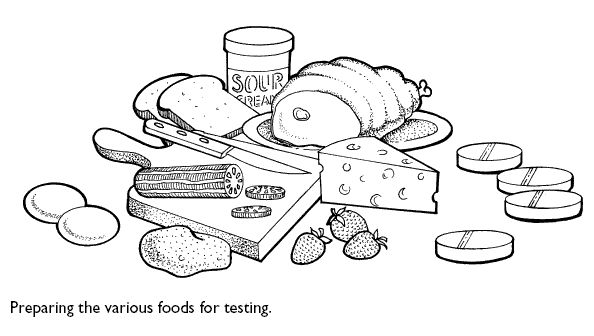



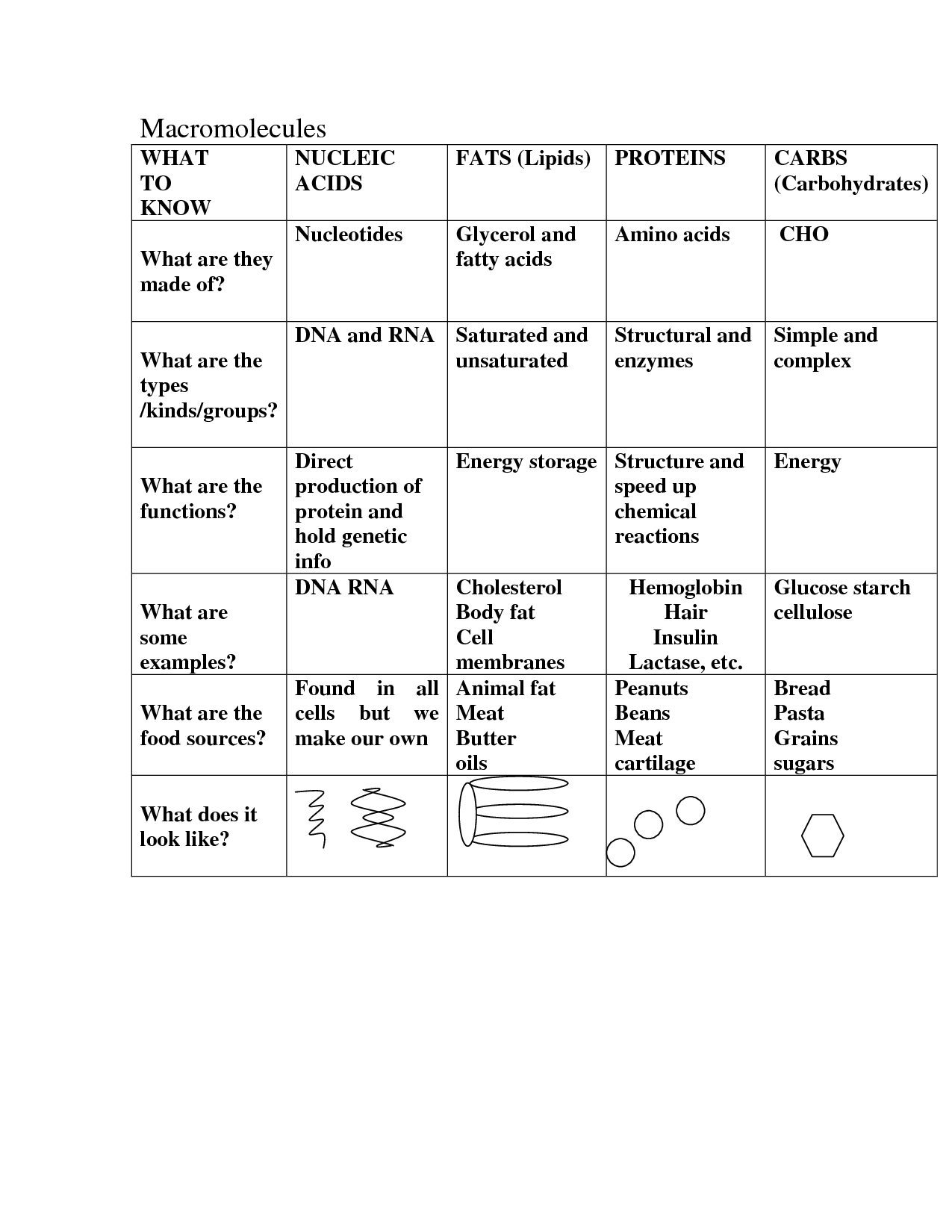

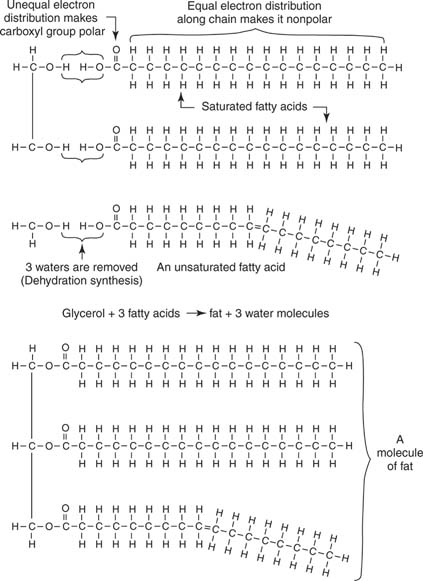
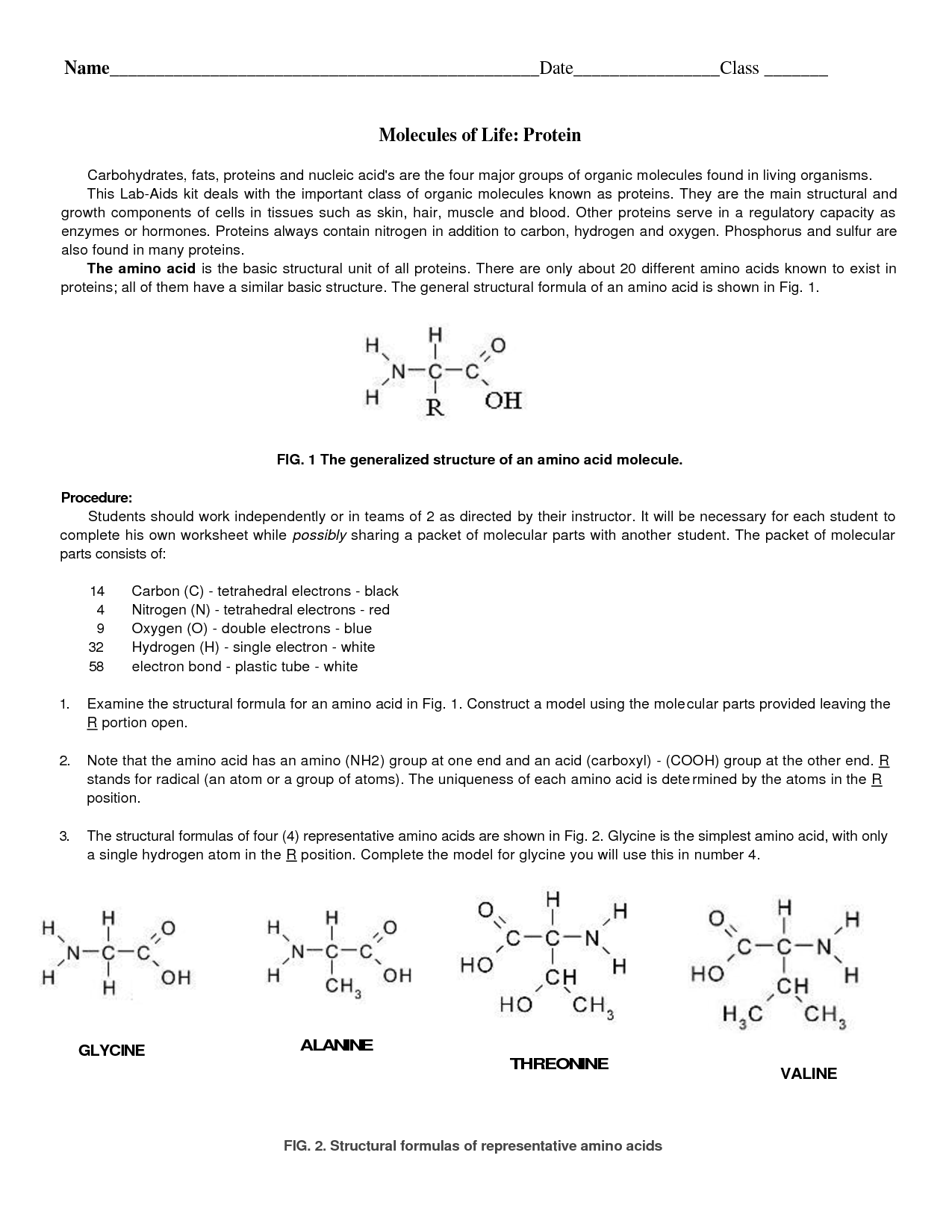
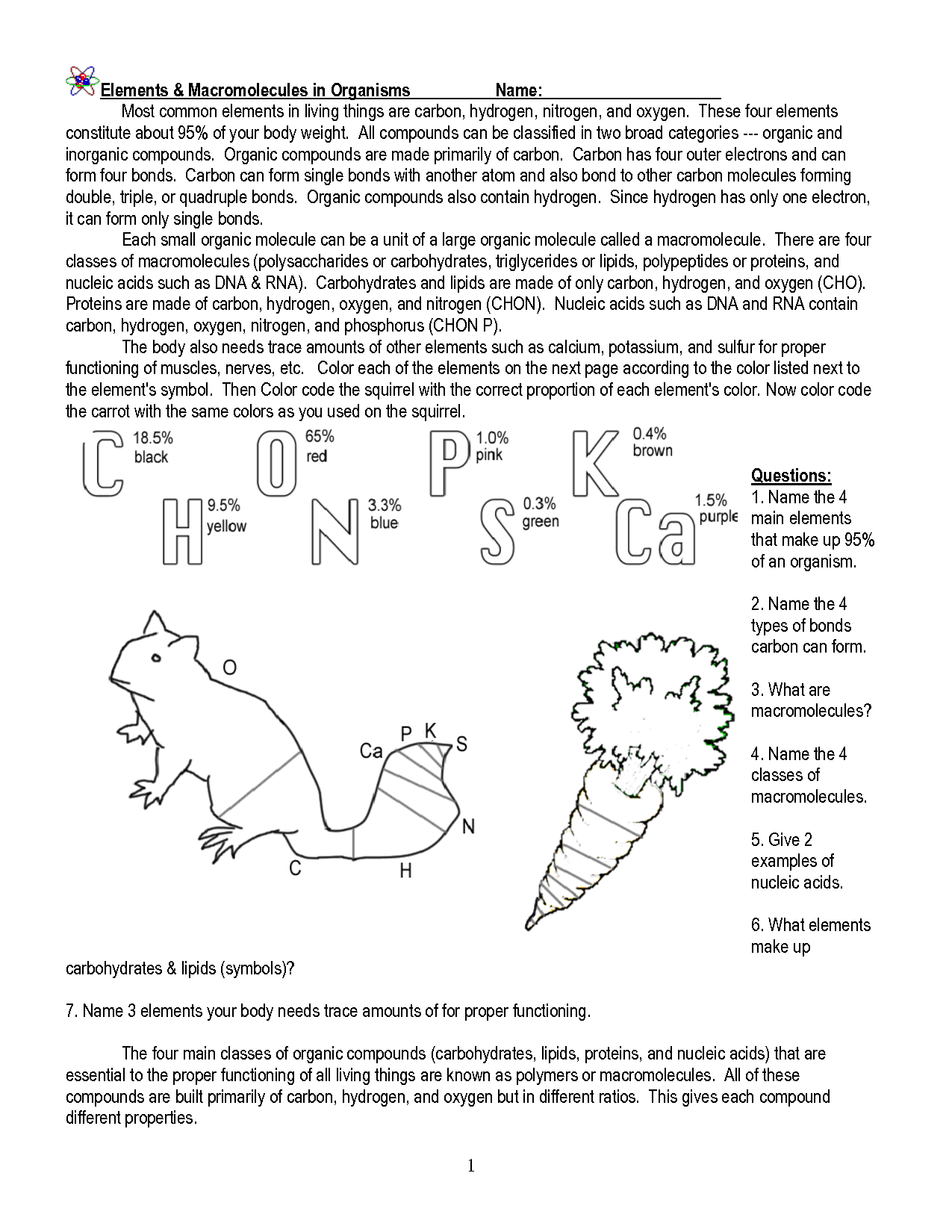
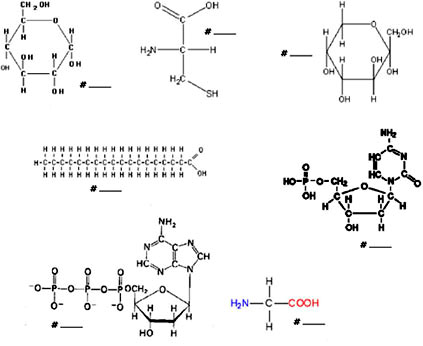
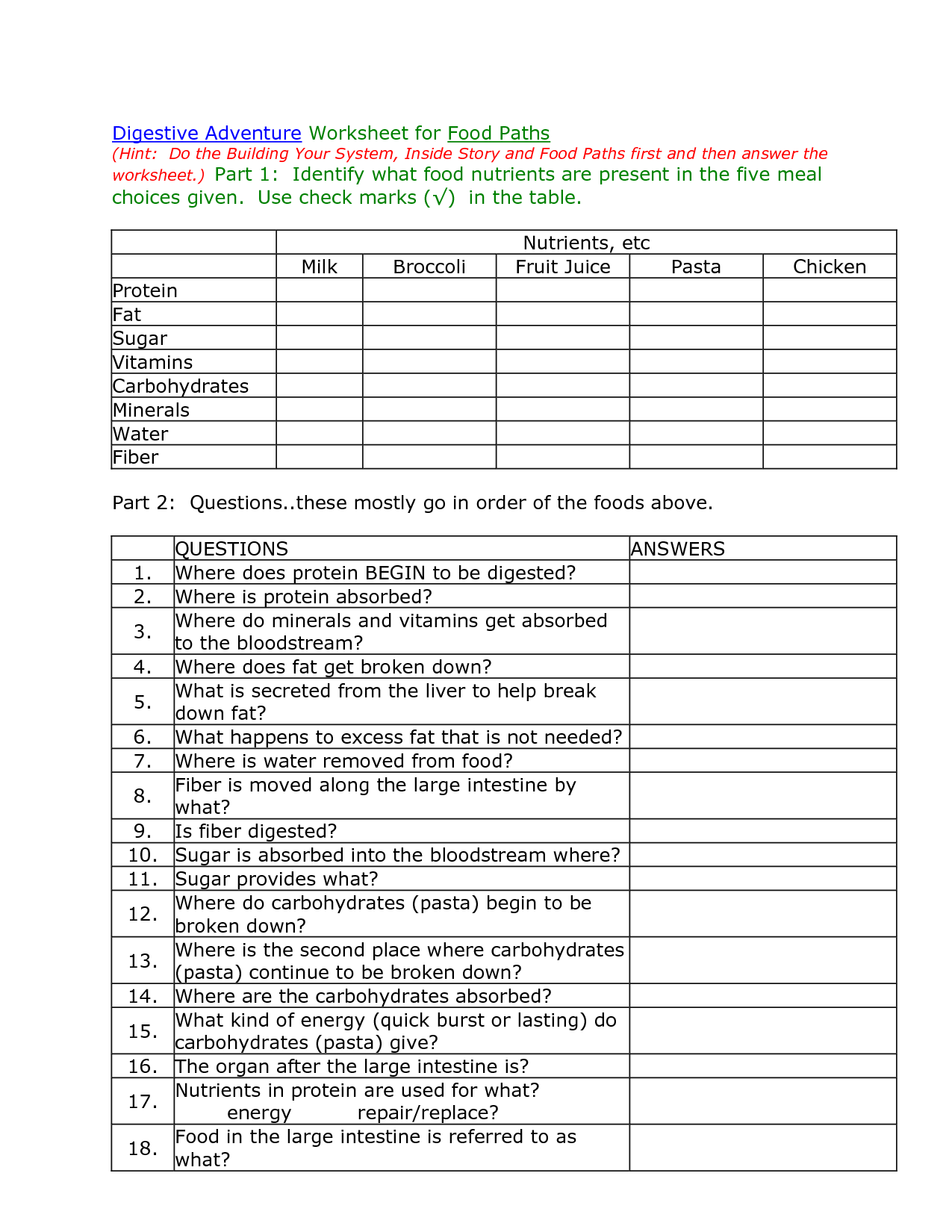
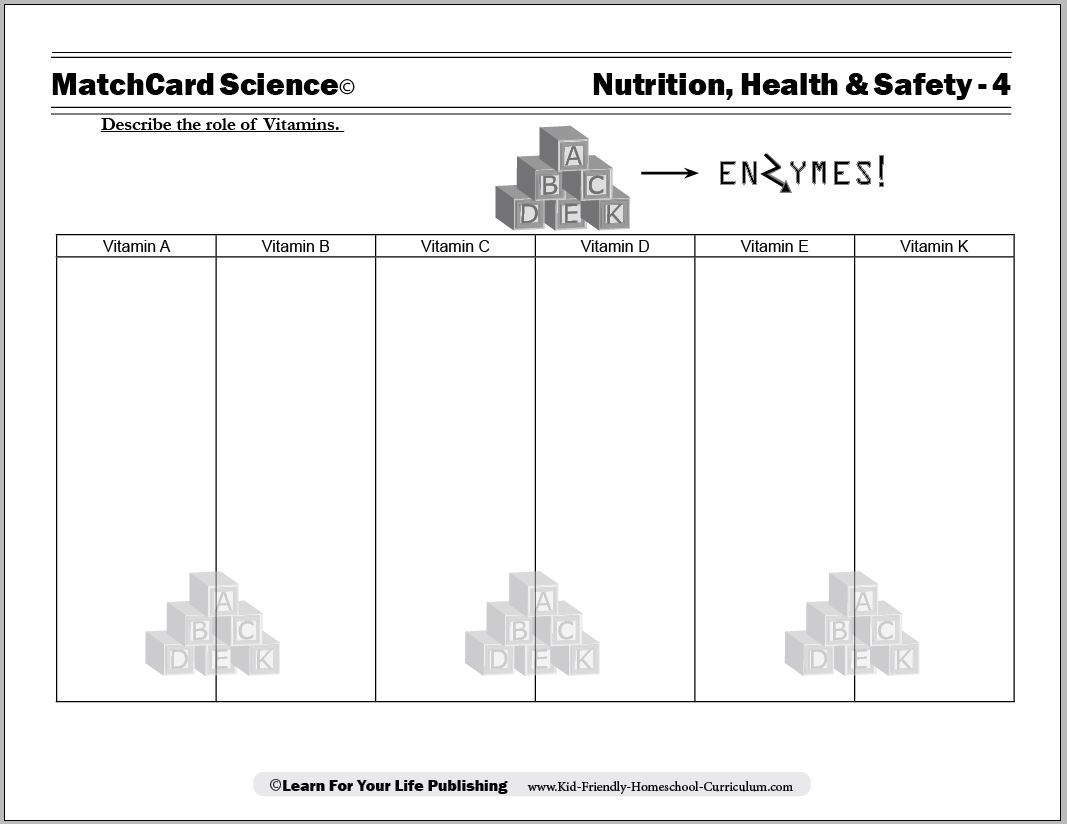
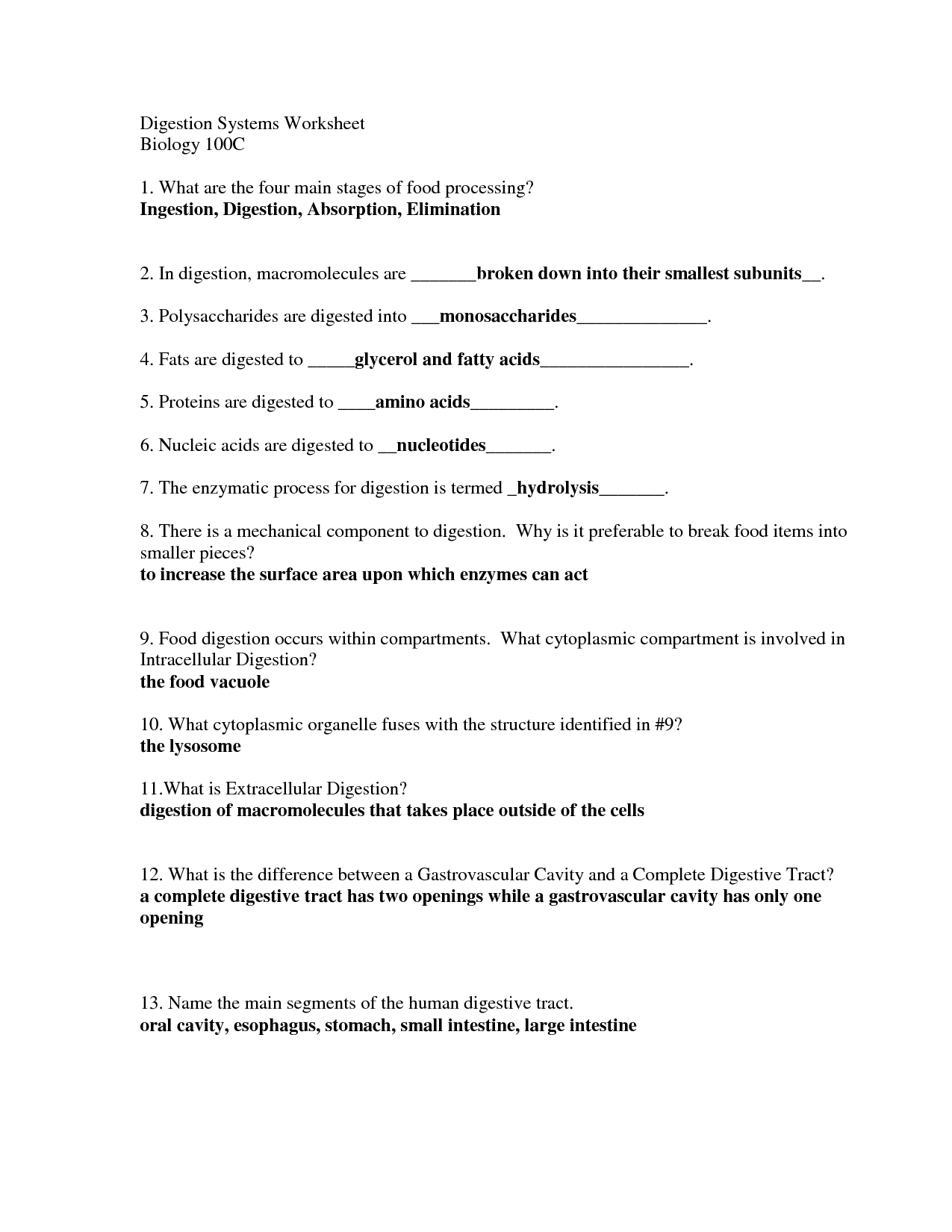














Comments